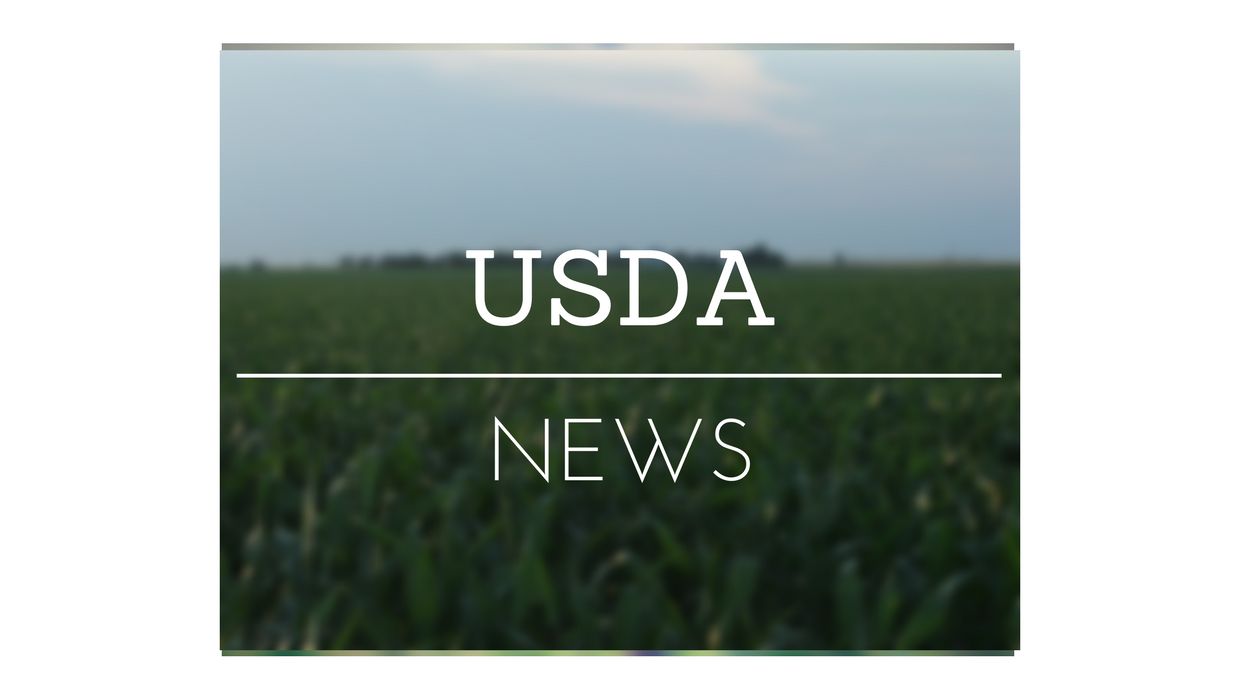U.S. Department of Agriculture secretary Tom Vilsack recently announced the department received $3 billion in applications from more than 350 independent businesses from 47 states and 2 territories for the first two rounds of a new grant program to add innovative domestic fertilizer production capacity.
USDA also announced the first $29 million in grant offers under the first round that focused on projects that can come online in the near term. The grants will help independent businesses increase production of American-made fertilizer, which will spur competition, give U.S. farmers more choices and fairer prices and reduce dependence on unreliable foreign sources like Russia and Belarus. Vilsack made the announcement at the 2023 Commodity Classic, in Orlando, Florida, the same event where he first unveiled the program a year earlier.
“I know that increased costs for fertilizer and other inputs have put a strain on farmers and cut into the bottom line,” Vilsack said. “By expanding the production of domestic fertilizer supplies, we can grow independent local businesses, bring production and jobs to rural communities and support fair prices for our farmers.”
The Biden-Harris administration’s Fertilizer Production Expansion Program is part of a government-wide effort to promote competition in agricultural markets. The program supports fertilizer production that is independent, made-in-America, innovative, sustainable and farmer-focused.
Vilsack made the initial announcement to dedicate $250 million at the 2022 Commodity Classic, the same event where he is making the first awards a year later. From the start, it has been clear there is strong demand for the program and even before applications were being taken, President Joe Biden directed USDA to increase the program to $500 million at a farm visit in Illinois in May 2022. This fall, demand for the program was immediately evident by the sheer number, range and diversity of applications. More than 350 applications came in from applicants of every size and business model, including cooperatives, Tribal communities, female-owned companies and public bodies. These applicants requested between $1 million and $100 million for projects across 47 states, Puerto Rico and the Virgin Islands.
In all, $3 billion in funding was requested for projects that could increase production immediately for Crop Years 2023 and 2024, as well as bolster long-term availability of U.S.-produced fertilizer. Projects were proposed for both fertilizers and nutrient alternatives, and represented different technologies, including composters, complex manufacturing, farm supply blenders and distributors.
Awards
The first round of FPEP was focused on projects that could increase fertilizer capacity for the 2023 or the 2024 crop year, to prioritize projects with near-term impact. From the High Plains Journal area:
• In Unionville, Missouri, Palindromes Inc. is being offered $4.9 million to expand the use of anaerobic digestion and renewable energy to produce, process and sell climate-smart fertilizer and associated products. The project will convert animal manure, meat processing, and food waste into dried organic fertilizers and soil amendments.
• Also in Missouri, Ostara St. Louis LTD received $7.56 million. This Rural Development investment will be used to fund the fertilizer manufacturing site, which is in the late stages of project development, including construction, commissioning, and production ramp up of the site. At capacity, the facility plans to produce 200,000 tons per year of its innovative, sustainable phosphate fertilizer. It is proven to drive superior crop yields, improved farmer economics, and reduced impacts on climate, surface and ground water, and resource extraction. Elm Dirt LLC received $1.3 million. This Rural Development investment will be used to expand production of organic microbe fertilizer from 8,000 gallons per week to 120,000 gallons per week. Products are based on worm castings which are created by worms breaking down organic waste to beneficial substances. Products are a proprietary blend of microbes that include nitrogen fixing microbes, phosphorus solubilizing microbes and plant growth promoting rhizobacteria. Products have a lower nitrogen (N), phosphorus (P) and potassium (K) (NPK) rating than commercial fertilizer, so they help reduce nutrient losses, but still result in nutrients being readily available for plant uptake when two to five gallons/acre of product are applied twice per year.
• In Colorado, Table to Farm Compost LLC is being offered $2.6 million to increase the production of locally produced compost for the region to support agricultural production between December 2022 and December 2027. The applicant has received permitting approval to build Class II commercial compost facility and will use the funds to purchase land, equipment to scale up production, transportation, and processing equipment for carbon and nitrogen feedstocks, working capital for expansion and construction and installation of power., Washington, Perfect Blend LLC is being offered $2.6 million to assist with expanding and increasing its ability to manufacture and process raw manure and fish waste into fertilizer by using its patented technology. This project will replace a stainless-steel dryer drum and construct a liquid fertilizer blending station and storage area on its facility.



